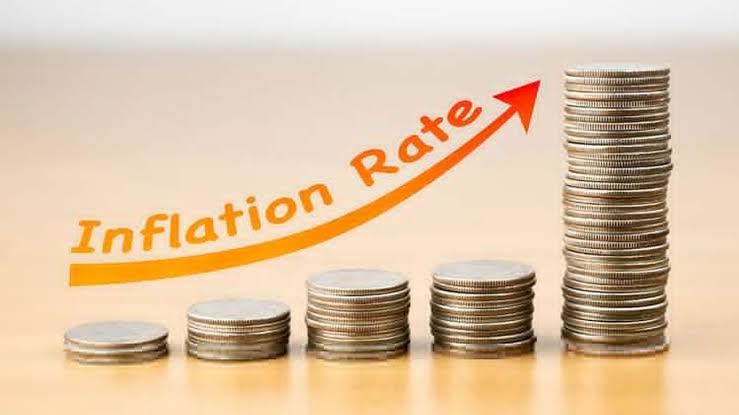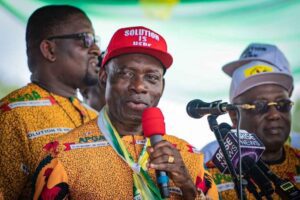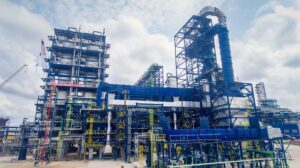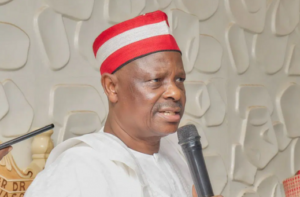Nigeria’s headline inflation rate soared to 34.80% in December 2024, marking a marginal increase from the 34.60% recorded in November, according to the National Bureau of Statistics (NBS). This uptick was attributed to heightened demand for goods and services during the festive season, as revealed in the latest Consumer Price Index (CPI) report.
On a year-on-year basis, the December inflation rate was 5.87% higher than the 28.92% recorded in December 2023, underscoring a significant surge in price levels compared to the previous year.
Food inflation in December 2024 stood at 39.84%, up by 5.91% from 33.93% in December 2023. The NBS highlighted key drivers, including rising prices of yam, water yam, sweet potatoes, maize grains, rice, bread, cereals, and fish.
This surge reflects the worsening cost of living crisis in Nigeria, described as the country’s most severe since independence.
When President Bola Tinubu assumed office in May 2023, Nigeria’s inflation rate was 22.41%. By December 2024, inflation had escalated to 34.80%, an increase of over 12%. Economic analysts attribute this sharp rise to Tinubu’s twin policies:
- Removal of petrol subsidies, which triggered higher transportation and commodity costs.
- Unification of forex rates, leading to increased import costs and broader economic impacts.
Presenting a ₦49.7 trillion budget to the National Assembly on December 18, 2024, Tinubu outlined his administration’s goal of reducing inflation to 15% by 2025. However, economists have described this ambition as “aspirational” and “bullish,” given the current economic climate.
As Nigerians grapple with surging food and commodity prices, addressing inflation remains a critical priority for policymakers. Whether the government’s strategies will yield the desired results in 2025 remains to be seen, with citizens and stakeholders alike hopeful for relief from the ongoing cost-of-living crisis.
Stay tuned to 9am News Nigeria for more Breaking News, Business News, Sports updates And Entertainment Gists.
















